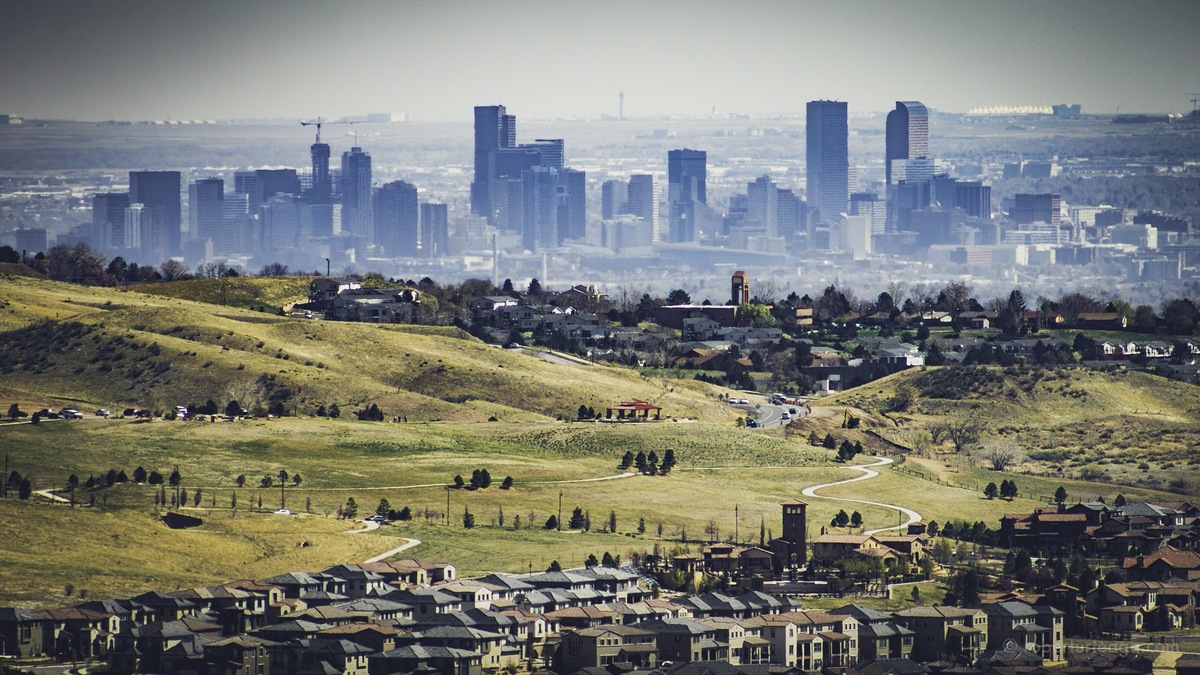Denver's Housing Vacancy Rate is Among Nation's Lowest
The Denver area has one of the nation's lowest overall housing vacancy rates.
Of the 51 cities analyzed in the report by real estate data company Anytime Estimate, Denver had the third lowest homeowner vacancy rate, coming in at 0.70%, well below the 1.40% United States average. Similarly, Denver's rental vacancy rate was below the national average of 5.8%, coming in at 4.50%, the twelfth lowest of all cities surveyed. Those low vacancy rates are a contributing factor to Denver's high rent and home prices.
The only two cities with lower homeowner vacancy rates than Denver were Minneapolis (0.60%) and San Jose, California (0.50%).
Three Florida cities took the top spots for the highest overall vacancy rates, Orlando with a rate of 15.30% leading Miami and Tampa, with rates of 14.80% and 13.70%, respectively. Denver has a low overall vacancy rate comparatively, ranking fourth from the smallest with a rate of 5.10%.
Out of the 50 most-populous cities ranked by vacancy, Denver was No. 47 with neighboring Salt Lake City at No. 46.
Where Denver begins to creep towards the top of the rankings is in the skyrocketing increase of home values over the last two decades. From 2000 to 2020, the value of typical homes in Denver rose 115.30%, according to the report, landing the Mile High City as the No. 14 city for increasing typical home value. The national average for home value increase across the two decades studied was 98.4%.
Denver passed a record threshold when the average home sales price surpassed $700,000 for the first time in April, according to the Denver Metro Association of Realtors and previous Denver Business Journal reporting. While there are signs the market is cooling, housing inventory is still low in the Denver area.
The median sales price for the metro Denver region was $647,500 this June, a 10.7% increase for single-family homes from the previous year. Average apartment rent across the Denver-Aurora-Lakewood area, at $1,858, has risen nearly 16% compared to the second quarter of 2021.
The Anytime Estimate report analyzed data from U.S. Census Bureau's Census' Current Population Survey/Housing Vacancy Survey and American Community Survey 2020 five-year Estimates, the Zillow Home Value Index and 2020 regional price parity data provided by the Bureau of Economic Analysis.
Of the 51 cities analyzed in the report by real estate data company Anytime Estimate, Denver had the third lowest homeowner vacancy rate, coming in at 0.70%, well below the 1.40% United States average. Similarly, Denver's rental vacancy rate was below the national average of 5.8%, coming in at 4.50%, the twelfth lowest of all cities surveyed. Those low vacancy rates are a contributing factor to Denver's high rent and home prices.
The only two cities with lower homeowner vacancy rates than Denver were Minneapolis (0.60%) and San Jose, California (0.50%).
Three Florida cities took the top spots for the highest overall vacancy rates, Orlando with a rate of 15.30% leading Miami and Tampa, with rates of 14.80% and 13.70%, respectively. Denver has a low overall vacancy rate comparatively, ranking fourth from the smallest with a rate of 5.10%.
Out of the 50 most-populous cities ranked by vacancy, Denver was No. 47 with neighboring Salt Lake City at No. 46.
Where Denver begins to creep towards the top of the rankings is in the skyrocketing increase of home values over the last two decades. From 2000 to 2020, the value of typical homes in Denver rose 115.30%, according to the report, landing the Mile High City as the No. 14 city for increasing typical home value. The national average for home value increase across the two decades studied was 98.4%.
Denver passed a record threshold when the average home sales price surpassed $700,000 for the first time in April, according to the Denver Metro Association of Realtors and previous Denver Business Journal reporting. While there are signs the market is cooling, housing inventory is still low in the Denver area.
The median sales price for the metro Denver region was $647,500 this June, a 10.7% increase for single-family homes from the previous year. Average apartment rent across the Denver-Aurora-Lakewood area, at $1,858, has risen nearly 16% compared to the second quarter of 2021.
The Anytime Estimate report analyzed data from U.S. Census Bureau's Census' Current Population Survey/Housing Vacancy Survey and American Community Survey 2020 five-year Estimates, the Zillow Home Value Index and 2020 regional price parity data provided by the Bureau of Economic Analysis.


 Menu
Menu




